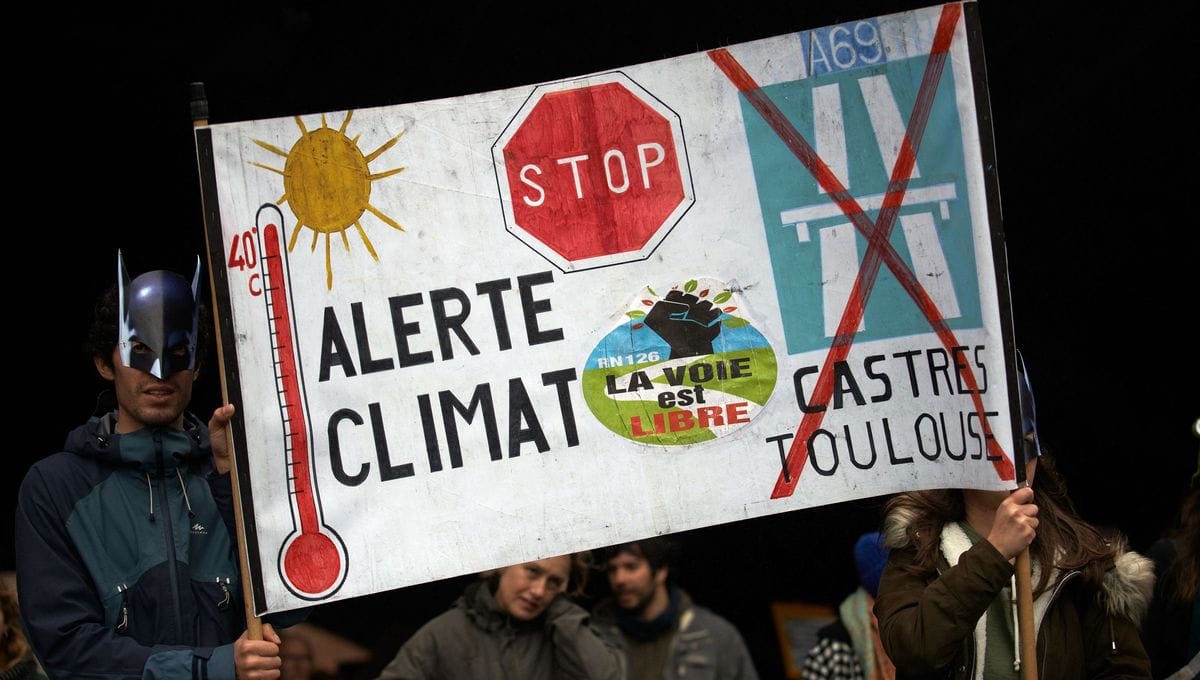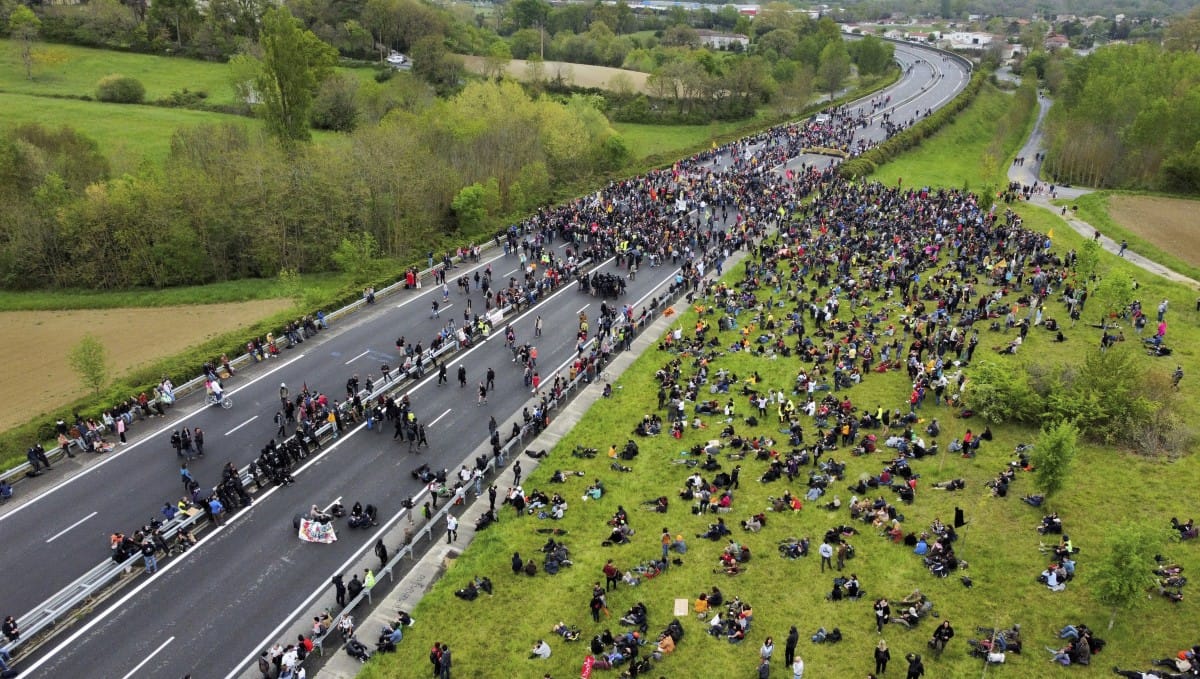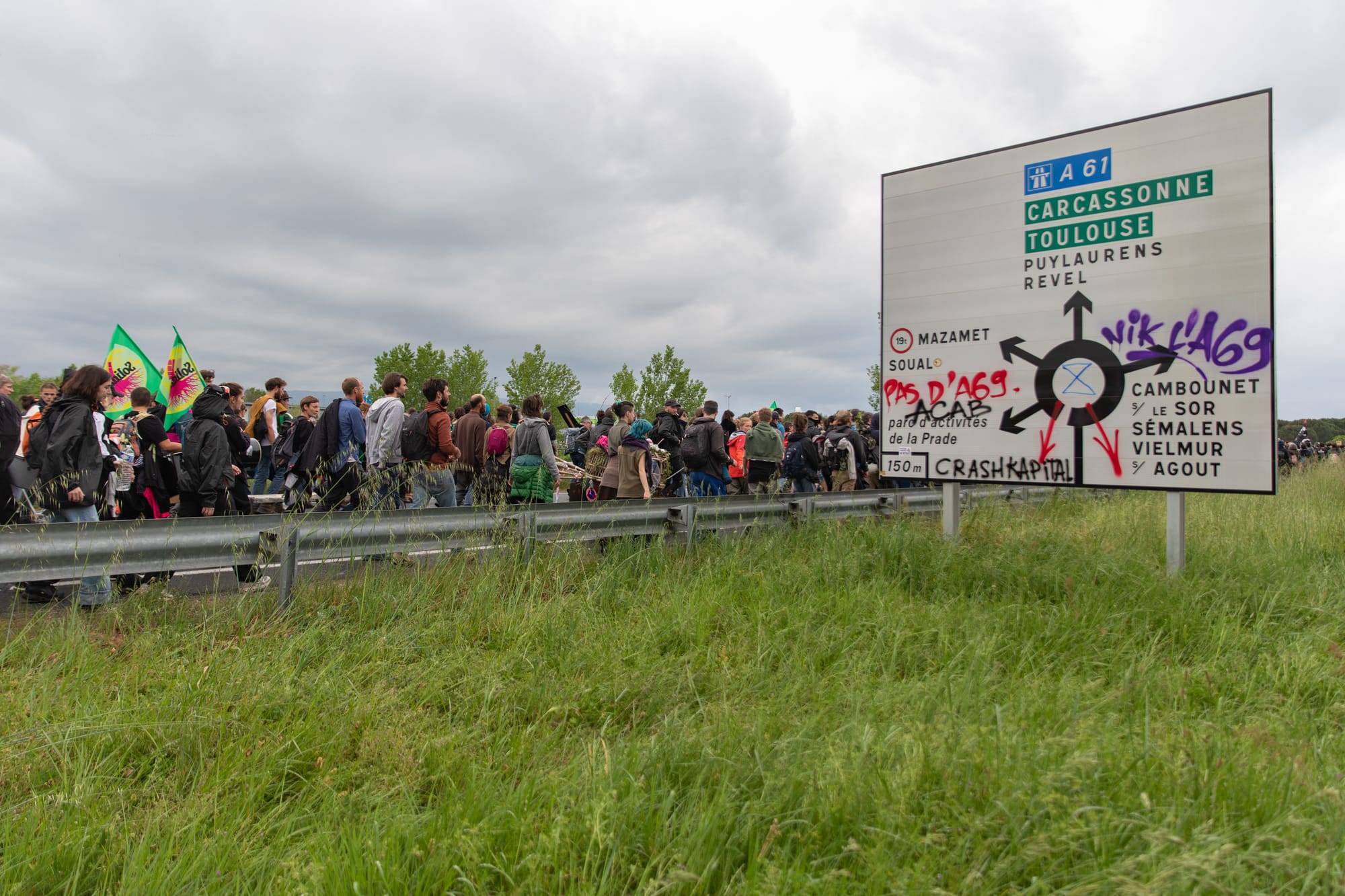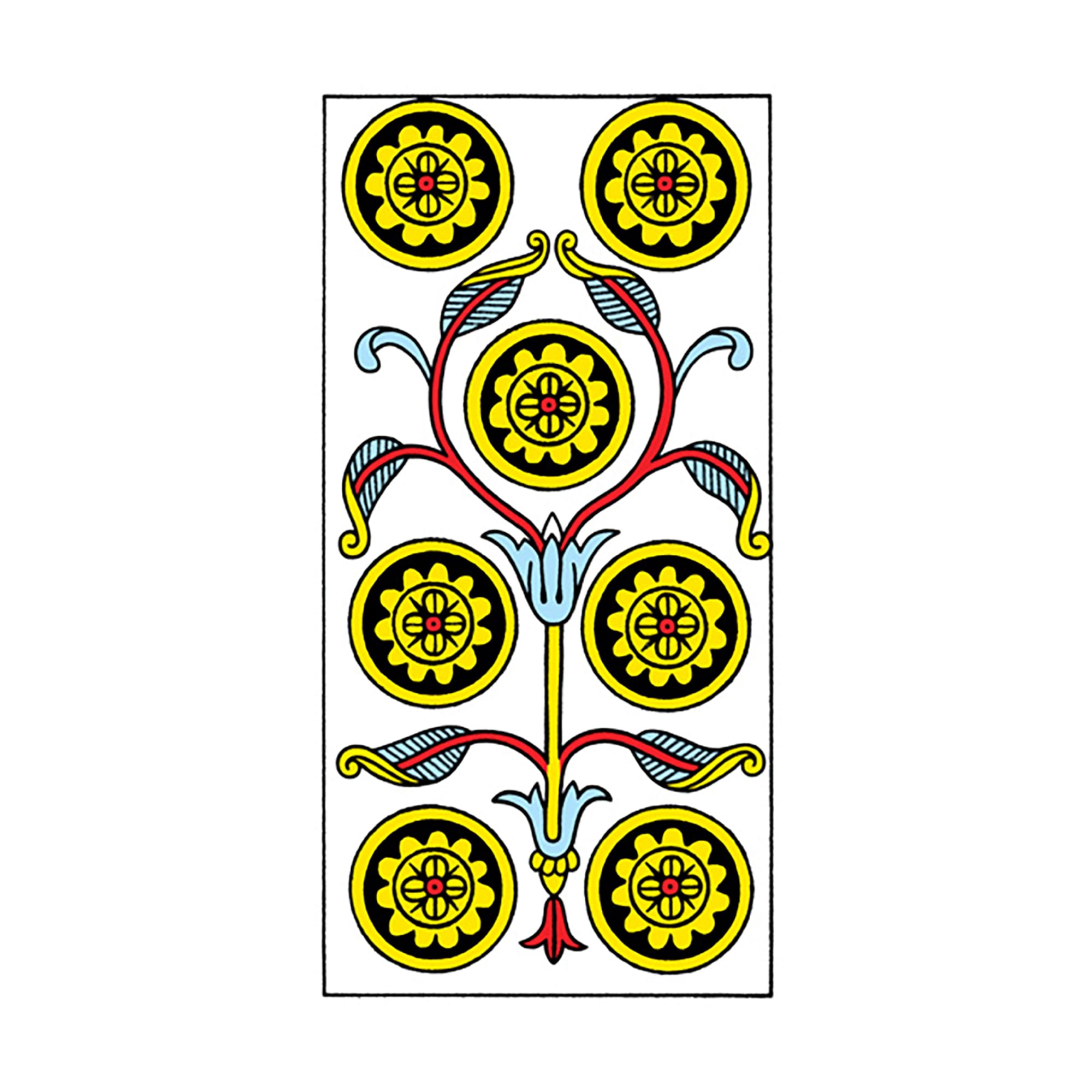A69: Beneath the Asphalt, the Earth Remembers
// where concrete meets the earth ⸱ and history collides with progress //

The route from Toulouse to Castres is no longer just a passageway. It is a line drawn in the soil, a boundary between tradition and the call for modernity. Along this path, the story of the A69 autoroute unfolds, a 62 km artery designed to accelerate the pulse of the region. Yet, beneath the foundations, the echoes of opposition and environmental unrest reverberate. This project, steeped in political promises and economic dreams, emerges as a battleground where the cries of the earth challenge the ambitions of humanity.

Dividing Veins of Asphalt
The road stretches ⸱ dividing land and spirit ⸱ as progress meets protest .//
The A69 is more than a project of asphalt and concrete; it is a symbol of human intent carved into the landscape. Beneath its slick surface lies the weight of decisions made decades ago, where dreams of connectivity mask the fractures it leaves behind. From the lush farmlands and the habitats it cleaves, the road becomes a metaphor for the human struggle between advancement and preservation.
In this journey, the soil remembers. Each acre consumed, each tree felled, whispers of the ancient bond between humanity and nature, now strained under the machinery of progress. The road, once a promise of speed and prosperity, reveals itself as a mirror—reflecting the deeper tensions of a world in flux, struggling to find balance in its forward motion. This struggle resonates with the symbolism of the Seven of Pentacles, a card that speaks to the tension between patience, investment, and the long-term impact of human actions. Just as the Seven of Pentacles reminds us to reflect on the consequences of our investments, the A69 project forces a reflection on whether the costs to the land and future generations can truly be justified by short-term gains.

The Road's Silent Tension
Initiated in the 1990s, the A69 project was born from a need to connect Castres and Toulouse through a modern, high-speed route. Backed by economic giants like the Pierre Fabre Group, which championed its potential for growth in the region, the project aimed to increase accessibility and shorten travel times, particularly for the industries of the Tarn region.
However, the A69 has not merely been a story of progress. By 2018, the project was declared a public utility, and construction officially began in 2023 under the concession of Atosca, a subsidiary of the NGE group. The work is well underway, with the completion date set for 2025, carrying a financial burden of €500 million. But beneath these practicalities lies a tension that has grown with each passing year.
The A69 cuts through land that has long been a patchwork of farmland and natural reserves. While its proponents tout the economic benefits, its opponents raise concerns about its environmental impact, the fragmentation of ecosystems, and the loss of biodiversity. 24 communes are directly affected by the route, their landscapes forever altered by the introduction of this massive infrastructure.
Fractured Land, Fractured Lives
The land calls ⸱ but the hum of machines drowns it out ⸱ life waits ⸱ as progress marches forward .//
At the heart of the A69 controversy lies an ethical dilemma: What cost are we willing to pay for progress? The road is designed to facilitate human movement, but in doing so, it disrupts the movement of life itself. Habitats are severed, animals displaced, and centuries-old trees felled to make way for the relentless march of construction. The promises of economic gain are weighed against the palpable loss of natural beauty and ecological integrity.
Activists, scientists, and local communities have risen in opposition, staging protests, organizing ZADs (Zones to Defend), and challenging the project through legal and symbolic means. The year 2023 saw a wave of actions led by Les Soulèvements de la Terre and Extinction Rebellion, with thousands gathering to block progress on a project they deemed incompatible with the future of sustainable living. Despite these efforts, the road presses forward, its momentum seemingly unstoppable, sanctioned by the highest legal authorities in France.
Yet, as the road continues, so too does the conversation about what it represents. For some, it is a necessary evil, a step toward modernization that will strengthen the region’s economy. For others, it is an avoidable mistake, a relic of an outdated mode of thinking that prioritizes short-term gains over long-term ecological health.

Echoes of Iron: A Silent Struggle Beneath the Soil
The most significant clashes have occurred in the summer and fall of 2023, when protestors filed multiple lawsuits in attempts to halt the construction. The Toulouse Administrative Court rejected these appeals, citing the declaration of public utility issued by the government in 2018 as justification for continuing the project. Despite the legal setbacks, resistance has only grown.
In June 2024, the construction was further criticized after accusations surfaced that Atosca had violated environmental regulations regarding water management on the construction site. The project now faces additional legal challenges as the European Union investigates whether France’s actions align with broader climate commitments.
Unyielding March of Progress
As the machinery grinds on, the protests continue. The A69 is more than just an infrastructure project; it is a microcosm of the tension between human ambition and ecological preservation. The road may be finished by 2025, but its legacy will stretch far into the future, leaving behind not just a physical pathway, but a series of moral and environmental questions that may never fully be resolved.
The road remains ⸱ as does the memory of what once stood .//

Comments ()